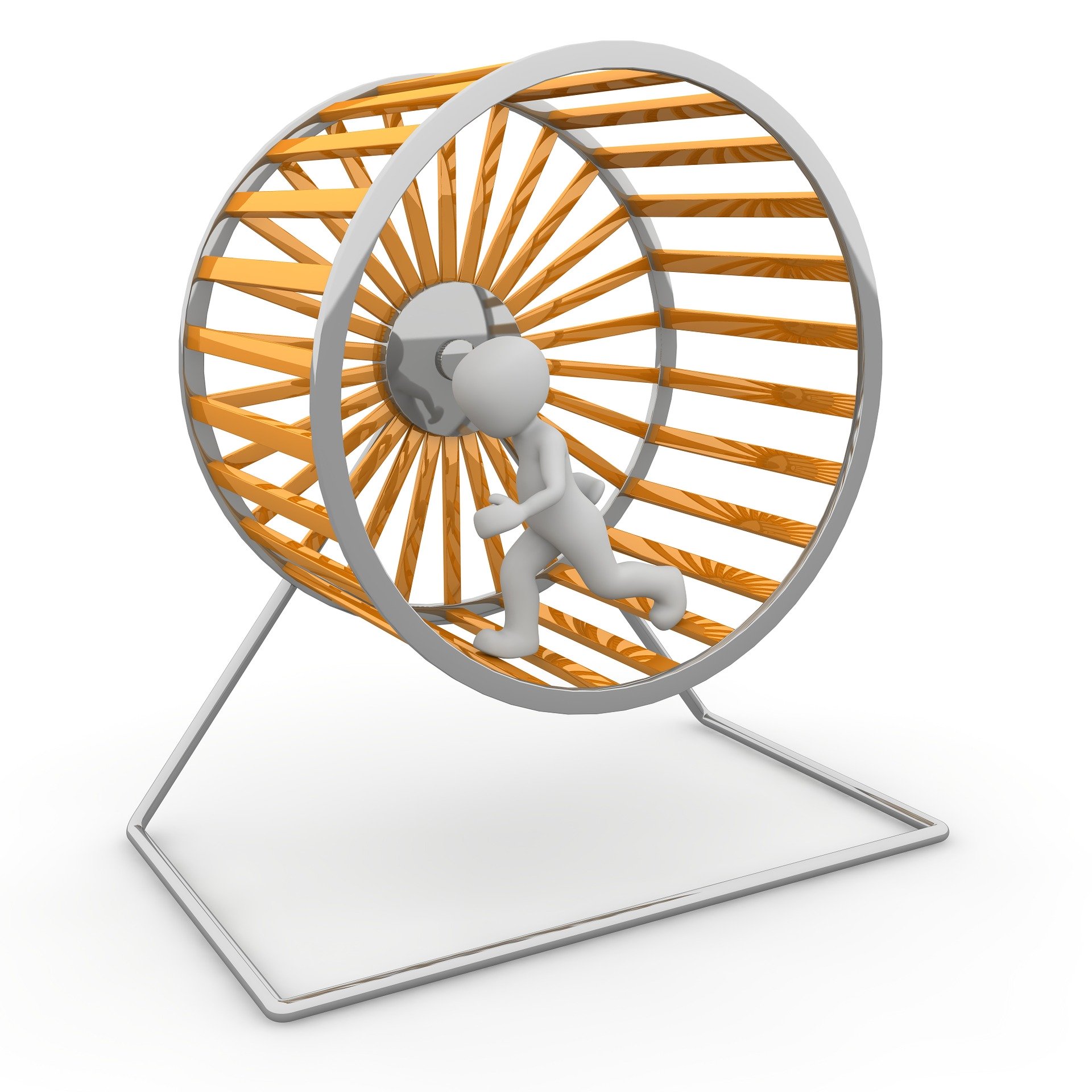COVID-19 taught us to be super vigilant in our physical health and hygiene. Yet, in its wake, mental health is fast emerging as the new silent, invisible and unprecedented health priority.
Uncertain times are unsettling for the mind. Indeed, neuroscientists have shown that the brain equates ‘uncertainty’ to ‘danger’, activating the panic button in the nervous system and triggering a whole range of ‘fight or flight’ responses. A hyper vigilant brain experiences heightened anxiety, fear and stress, which can lead to violence and aggression.
Mental health conditions affect the mood, thinking and behaviour. Globally, mental-health issues (see the table below) are escalating. Whilst recent media spotlight has focused attention on undesirable behaviours, decisions and actions, here’s the stark reality:
None of us are immune to it. In fact, every single one of us is susceptible to it.

Urgency to practise mental hygiene – NOW
The risk is that, left undetected, spiralling mental health issues will not only impair our health and wellbeing. This would have untold psychosocial and economic impacts, leading to greater social instability and unrest. And that’s the last thing the world needs right now.
Ever been in a situation where you’ve walked away from an encounter or a meeting with someone who’s in a dark mood and yourself felt miserable afterwards? Well, psychiatrists have reported a phenomenon whereby untreated severe mental illness can potentially spread dramatically to those with pre-existing psychiatric disorders, as well as those who were previously healthy. That means that mental health issues can be infectious (so to speak) and can have a domino effect on society…
So whilst the spotlight shows pockets of injustices or inequities to be addressed, perhaps there’s a deeper calling. A calling for all of us to:
- practise mental hygiene as the utmost priority
- shore up our own mental (and emotional) states
- be in the most stable position to sustain the further uncertainties that are coming our way.
Call it an act of ‘self-leadership’, ‘resilience’ or ‘agility’, if you like. Ultimately, it’s a sense of personal responsibility that we take for our own and others’ sakes.
And it’s like physical muscle training – use it or lose it. So let’s look at how we can start training our mind.
Slowing down the mental hamster wheel
Like hamsters running in a wheel, we have a tendency to create – and perpetuate – more of our own suffering. Unconstructive self-talk, negative thoughts about ourselves and others, mulling over things or situations over which we have no control, criticising people whose decisions we cannot influence – these all contribute to the speed of the spinning wheel, triggering mental health issues.

Whilst everyone experiences negative thinking every now and then, constant streams of negative repetitive thoughts and emotions are harmful to the mind. Over time, habituated unconstructive thoughts will seriously affect self-perception, relationship with oneself and others, work, health and daily functioning.
Here’s an exercise to start slowing down that wheel. Be kind to yourself as you do this practice.
Step #1:
Practise catching unconstructive or negative thoughts. Acknowledge them as they come up, with a non-judgemental, compassionate attitude.
Step #2:
Each time such a thought arises, consider if something constructive can be done (whether by yourself or by reaching out for help).
- If something can be done, then direct focus, energy and attention to doing it.
- If there were lessons learned, then take note of them.
Step #3:
If there’s nothing (more) to be done, then it’s time to release those thoughts. If it feels helpful, write them down on a piece of paper, then tear it up and throw it away.
By practising letting go of negative thoughts, we release our attachment to them (and their hold over us). This helps to create head space for a calmer mind.
What we can do now
As a way to train the mind muscle, try practising the ‘slowing down the hamster wheel’ exercise daily. Notice any difference in ability to create more head space over time.
Take a look at the table of mental health symptoms above. Be proactive. Do you identify with some of these? If so, reach out for help. Is anyone you know exhibiting any of these symptoms (or who may be experiencing violence or abuse at the hands of someone exhibiting these symptoms)? If so, show compassion and understanding, and encourage them to reach out for support.
There are toll-free emergency numbers and helplines available for anyone to call. Reach out to a doctor if appropriate. There are also networks of support groups, trained coaches, counsellors and therapists who are ready to listen and support.
Mental hygiene is our utmost priority in these uncertain times. It’s down to each of us to practise mental hygiene to help steer ourselves and others through uncertain times.
Share this article with someone who may find it helpful.


